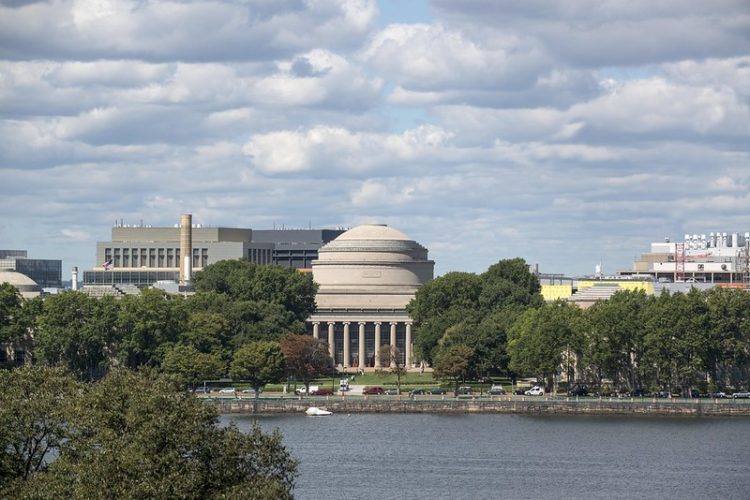Our goal is to develop AI technologies that will change the landscape of healthcare and the life sciences. This includes the whole span from the discovery of biological mechanisms to early disease diagnostics, drug discovery, care personalization and management. Building on MIT’s pioneering history in artificial intelligence and life sciences, we are working on algorithms suitable for modeling biological and clinical data across a range of modalities including imaging, text and genomics.
While achieving this goal, we strive to make new discoveries in machine learning, biology, chemistry and clinical sciences, and translate our discoveries into technologies that can improve people’s lives. While the Jameel Clinic focuses primarily on AI and Health, other research labs and centers affiliated with EECS have groups engaged in AI for healthcare and life sciences, including IMES, CSAIL, LIDS, and the Eric and Wendy Schmidt Center at the Broad Institute.
Latest news in AI for healthcare and life sciences
Assistant Professor Manish Raghavan wants computational techniques to help solve societal problems.
As the Director of MIT’s Computer Science and Artificial Intelligence Laboratory (CSAIL), Rus leads over 1,700 researchers in pioneering innovations to advance computing and improve global well-being.
Researchers at MIT, NYU, and UCLA develop an approach to help evaluate whether large language models like GPT-4 are equitable enough to be clinically viable for mental health support.
With models like AlphaFold3 limited to academic research, the team built an equivalent alternative, to encourage innovation more broadly.
A new technique identifies and removes the training examples that contribute most to a machine-learning model’s failures.
